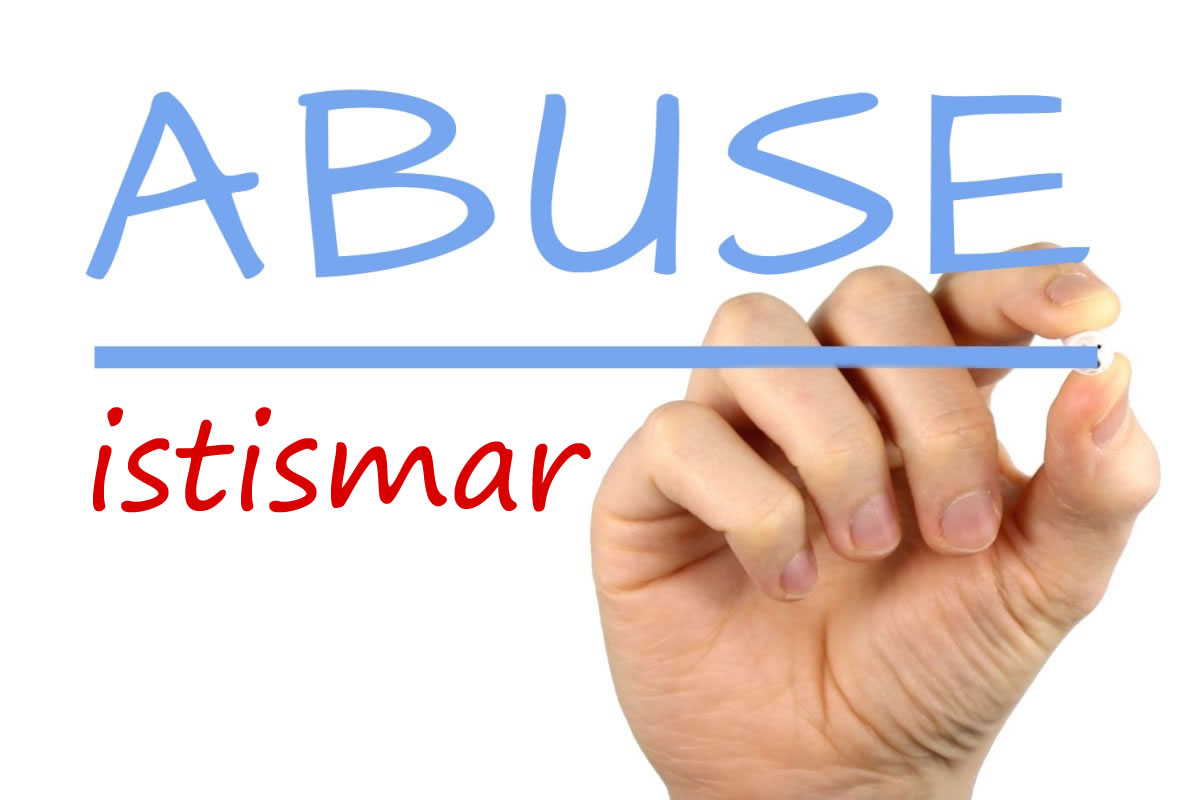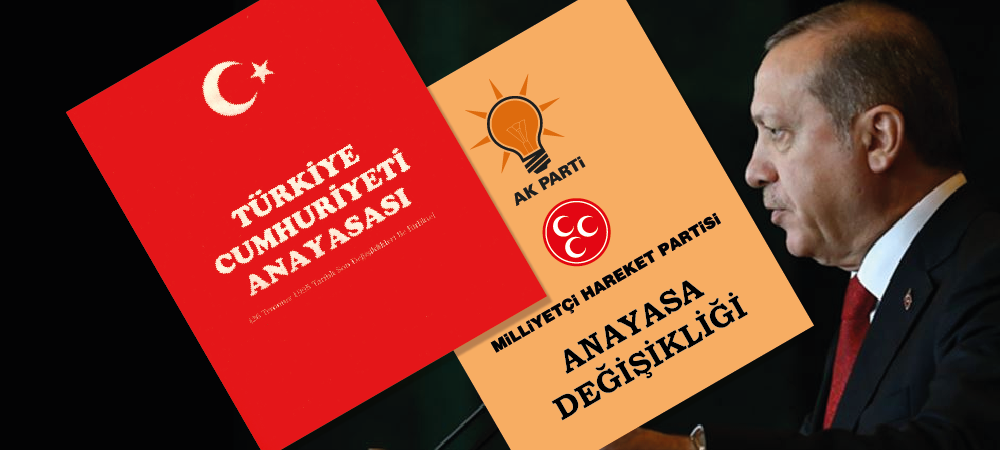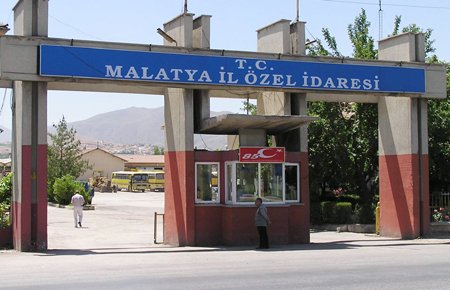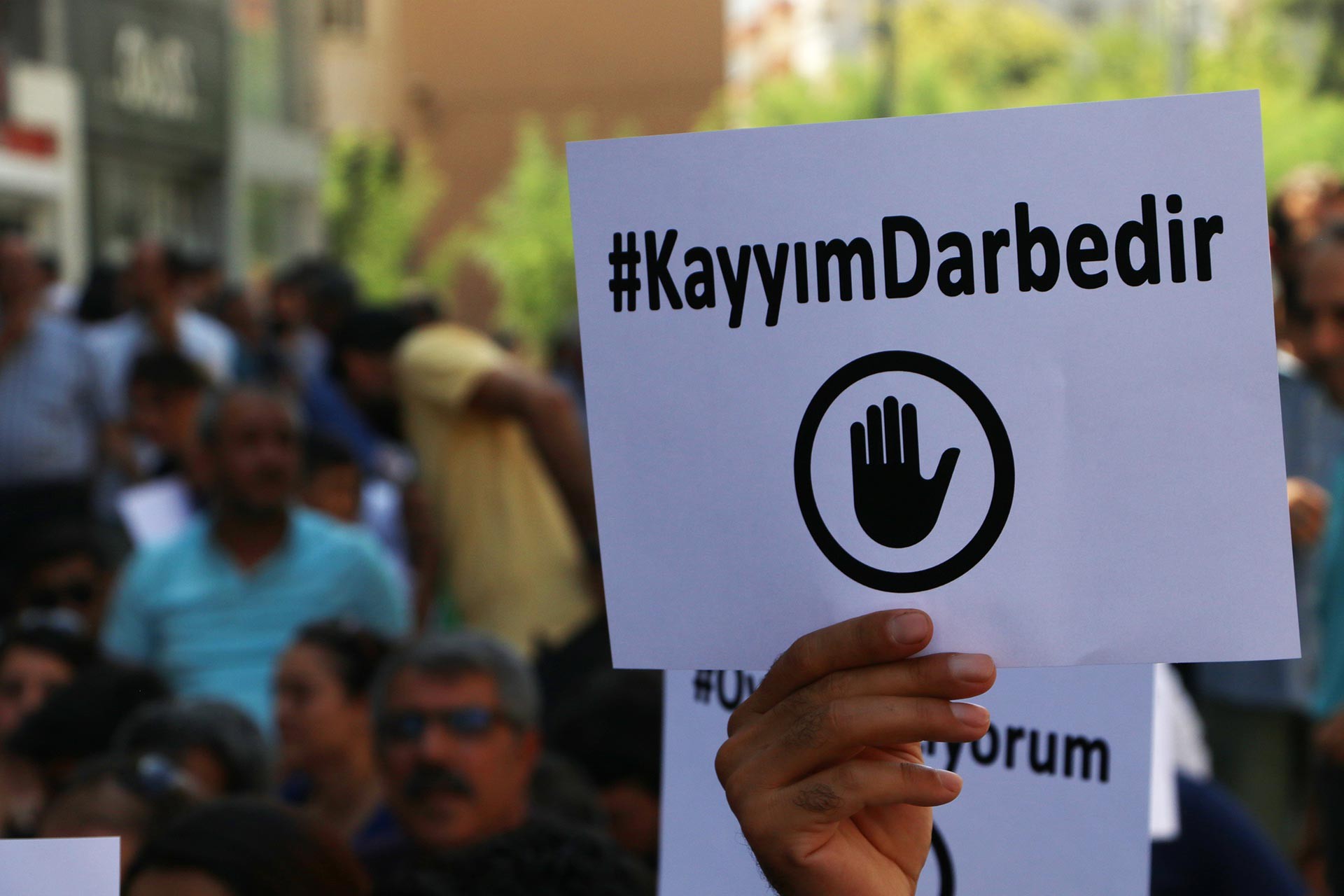It is hard to spot the good intentions in the AK Party’s attempt to keep young families together
Turkey’s governing AK Party is denying opposition claims that an amendment to a law introduced by its backbench MPs legalises underage rape.
That alone is a monstrous allegation to be saddled with. But the government’s justification is telling of its social attitudes: if young families are created they must be kept together, even if the children are the result of rape.
It is evidence again that the government regards the family, and not the individual, as the basic social unit around which life should rotate.
Tuesday’s parliamentary debate is shaping up to be another episode in Turkey’s alarming attitude towards women’s rights.
Constitutional strike-down
The reason the law is on the table right now is because the government is addressing a law that was struck down in the summer.
In early July – just days before this summer’s coup attempt, incidentally – Turkey’s Constitutional Court annulled part of a law that would have rendered any sexual activity with a child below the age of 15 as sexual abuse.
A lower court in the Black Sea town of Bafra, near Samsun, had ruled children between the ages of 12 and 15 in some instances have a greater ability to comprehend sexual activity. A uniform rule criminalising all under-15 sexual activity distorted the balance between law’s requirements and the punishments it delivers, it had said.
Judges on the Constitutional Court upheld that ruling by a 7-6 margin, the narrowest possible. But they also gave the government six months to draft new proposals to redress the law.
This month’s proposals stem from that ruling.
Dodgy amendment
The AK Party government says that under its new proposals any sexual activity involving a child under the age of 12 will carry harsher sentences. It’s a move that puts it on a similar track to other European countries: Britain, for example, makes it an offence to engage in sexual activity with any child under the age 13, with different rules to cover older teenagers.
The main controversy stems from an amendment to AK’s law, signed by six male AK MPs, which would grant a form of amnesty to anyone who sexually abuses a child if they marry them.
There are specifics: the sexual abuse offence must have been committed before 16 November 2016; there must not have been a simultaneous case of deception or coercion; and the suspended sentence for a sexual offence conviction will be implemented if the marriage fails.
But the amendment is what it is: it decriminalises child sexual abuse.
Fatma Kaplan Hürriyet, an MP from the main opposition CHP, says it effectively allows the rapist of a 12-year-old girl to marry his victim.
The public outcry has left Prime Minister Binali Yıldırım trying to justify the amendment as an attempt to solve the problem of fatherless families.
‘Social conservatism’
He told journalists on Friday: “there are those who marry early, below the legal age. They don’t know the law. They then have children, the father goes to prison, the children are left alone with the mother. There are 3,000 families in this position.
“This a one-time an effort to resolve that grievance.”
In a sense, Mr Yıldırım’s defence is in keeping with his government’s socially conservative attitudes. Since 2002 the AK Party has attempted to criminalise adultery and tighten abortion laws. It has abolished a ministerial portfolio for women’s issues and replaced it with a Ministry for Families.
But Turkey remains a country where women are violently abused in marriage and subjected to horrific attacks on public transport. Much of this is fuelled by shameful social attitudes among Turkish men towards women.
AK’s amendment does not help fix that.
UPDATE: Mr Yıldırım announced on Tuesday morning, in response to a late-night call by President Erdoğan, that his party would be withdrawing the amendment back to parliament’s committee stage for further discussion.









